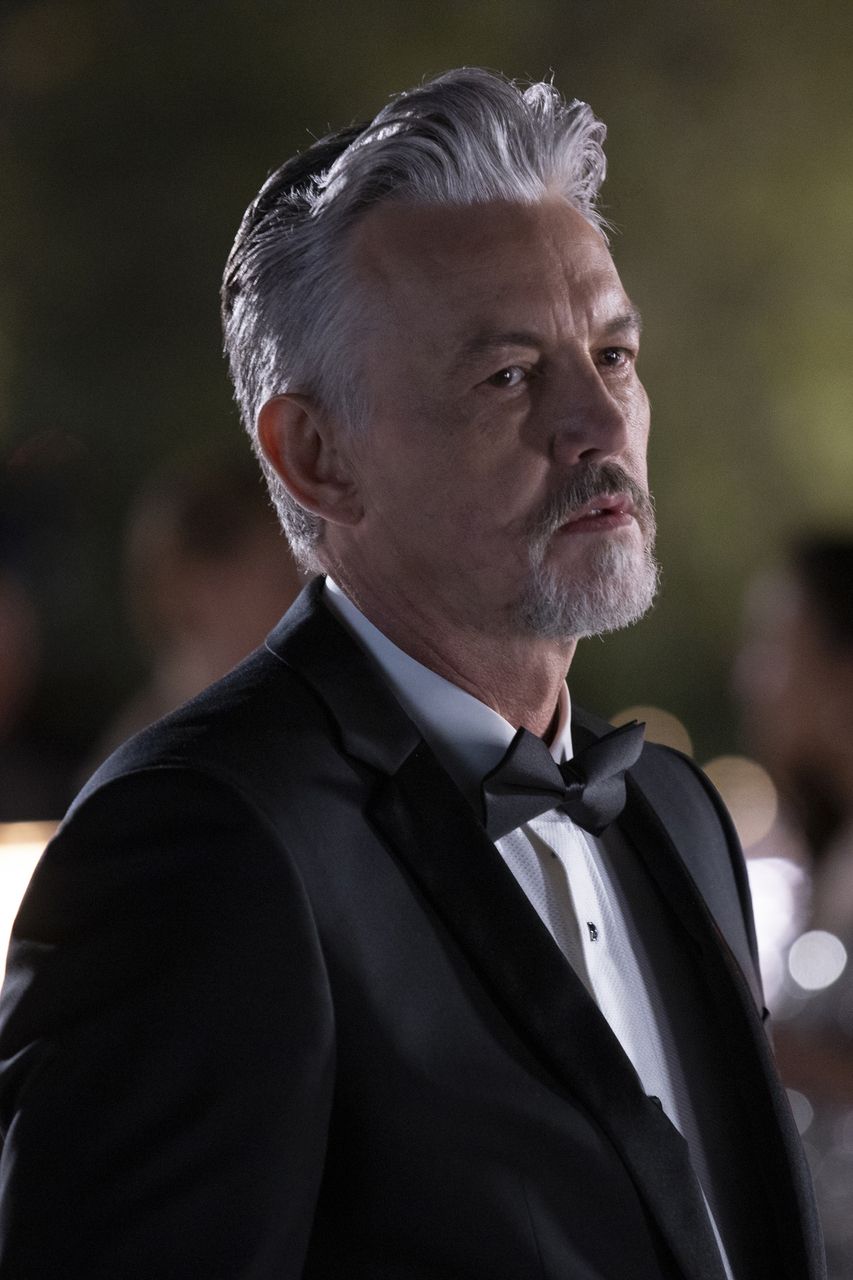

But all that pales in comparison to the amount of narrative sleight of hand and fragmented storytelling that the second season finale squeezes into its 90-minute runtime.

There’s been a lot to unpack, even for a show that embraces puzzle box sensibilities as much as Westworld. And the Man in Black (Ed Harris), the show’s sturdy antihero, had gone increasingly mad on his search for “The Door,” until he actually killed his own daughter and began to question whether he was a host himself. didn’t just buy Westworld because it wanted to get into the theme park business it wanted to use host technology to create replicants of actual human beings, allowing the company to sell immortality to the highest bidder. Robert Ford (Anthony Hopkins), it turned out, was still alive(ish), and his consciousness was uploaded to a vast computer simulation called The Cradle. Heading into the second season finale of Westworld, audiences had already been treated to subreddits of twists, reveals, and switcheroos. Either way, we’re going to spoil the hell out of it. In other weeks, it might be something subtle. Some weeks, it might be a huge plot twist. That’s why for the show’s second season, I’ll be diving into one particular spoilery revelation from each episode, to figure out what it means, how we got here, and where things might go in the episodes to come. Watching Westworld is like peeling an onion, one layer at a time.

It’s also become famous for its reveals, from mind-bending bombshells that link two characters to simple pieces of backstory that bring new insight to a storyline. HBO’s science fiction drama Westworld isn’t just known for its talented cast and its philosophical musings about the nature of reality.


 0 kommentar(er)
0 kommentar(er)
